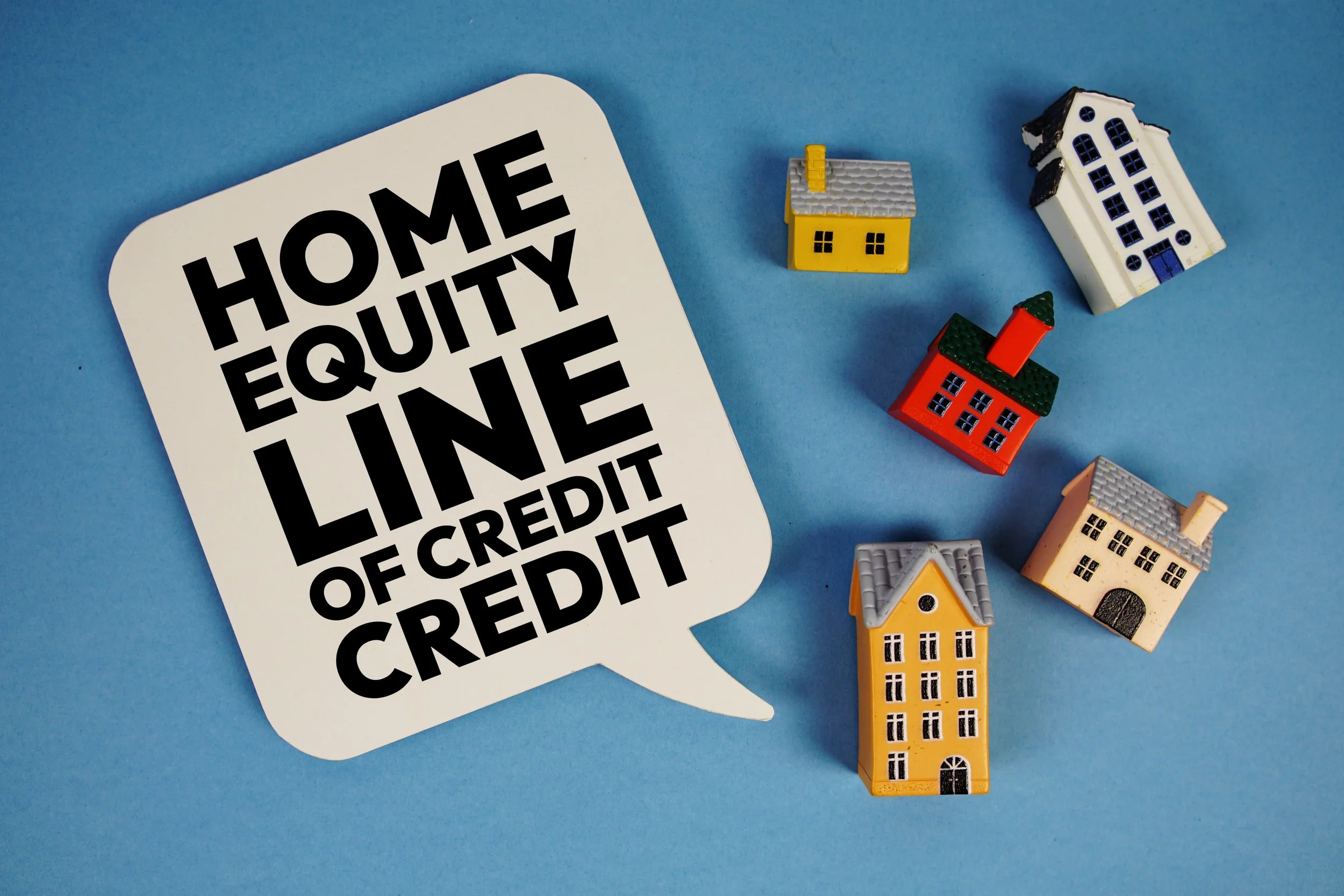Is a HELOC Better Than a Personal Loan?
The sheer variety of financing choices available to today’s borrowers can be overwhelming. Credit cards are easy to use, but the interest borrowers incur for carrying a balance can be crippling. Home equity loans and lines of credit offer better rates, but they’re limited to people who own homes and have adequate equity. Personal loans are more flexible, but may come with less appealing rates and terms.
And not every loan type is right for every situation. There could be circumstances where, even if you qualify for a HELOC, you may still prefer a personal loan.
Choosing a loan is a big decision, and it’s worth your time to analyze your options, the long-term costs, and the risks before signing the contract.
HELOCs vs Home Equity Loans vs Personal Loans
Home Equity Lines of Credit (HELOCs)
A home equity line of credit, or HELOC, allows homeowners to tap into the value they’ve built in their property through a revolving line of credit. Instead of getting all the money at once, you can borrow as needed during what’s called the “draw period.”
Borrowers only need to make interest payments during this phase, which keeps initial costs manageable. Once the draw period ends, the repayment period begins, and borrowers must pay back both principal and interest.
What Borrowers Should Know About HELOCs
HELOCs often come with variable interest rates, meaning your payments can change over time.
While the flexibility of a revolving line of credit makes them appealing for ongoing or unpredictable expenses, it can also introduce uncertainty into your monthly budget.
Since the loan is secured by your home, interest rates are usually lower than unsecured loan rates, but the stakes are higher. Defaulting on a HELOC could result in foreclosure.
The borrowing limit depends on your home’s equity, your credit profile, and the lender’s policies.
Home Equity Loans
A home equity loan is another way to borrow against your property, but unlike a HELOC, it provides funds as a lump sum. Payments are made in monthly installments, typically at a fixed interest rate. That predictability is one of the main advantages of home equity loans. You’ll know exactly how much you owe each month, which makes budgeting easier.
What Borrowers Should Know About Home Equity Loans
These loans are often used for large, one-time expenses such as a home remodel, debt consolidation, or covering significant medical costs.
Because the amount you can borrow is tied to the equity in your home, they aren’t an option for new homeowners who haven’t built up much equity.
Like HELOCs, they carry the risk of foreclosure if you default, since your home is used as collateral.
Personal Loans
Personal loans differ from both HELOCs and home equity loans because they don’t require collateral. Instead, approval is based on your credit score, income, and debt-to-income ratio. You receive a lump sum upfront and repay it in fixed installments over a set term.
What Borrowers Should Know About Personal Loans
Interest rates are usually higher than what you’d get with a secured loan, but they vary widely depending on your creditworthiness.
You don’t need to own a home or have equity to qualify, which makes them a practical choice for renters, new homeowners, or anyone who doesn’t want to risk their property.
Funding is also typically faster than with a HELOC or home equity loan, which can be helpful if you need money quickly.
Choosing the Right Loan for Your Situation
There’s no single “best” loan option. The right choice depends on your financial circumstances, your goals, and your tolerance for risk.
If you’re a homeowner with significant equity and you need ongoing access to funds for things like home improvement projects, a HELOC may be the most flexible option.
If you prefer the predictability of fixed payments and know you need a large, one-time sum, a home equity loan could be the smarter choice.
And if you don’t have home equity to borrow against, you don’t want to put your house on the line, or you’d just like to avoid taking out a second mortgage, a personal loan may provide the funding you need, even if the interest rate is higher.
The key is to consider your full financial picture.
How stable is your income?
How much risk are you willing to take with your home?
Do you need access to cash just once, or on an ongoing basis?
By weighing these factors carefully, you can choose the loan product that aligns with your needs, minimizes long-term costs, and supports your financial stability.
Get Advice From Local Monroe and West Monroe Lending Professionals
Becoming a member of Ouachita Valley Federal Credit Union comes with real advantages. Our nonprofit status allows us to provide better rates and lower fees on loans, checking, and savings.
You’ll also work with a local team of lending professionals who know our community and can offer tailored solutions with quicker approvals.
Call us at 318.387.4592 to learn about becoming an Ouachita Valley Federal Credit Union member, or start your loan application online.


